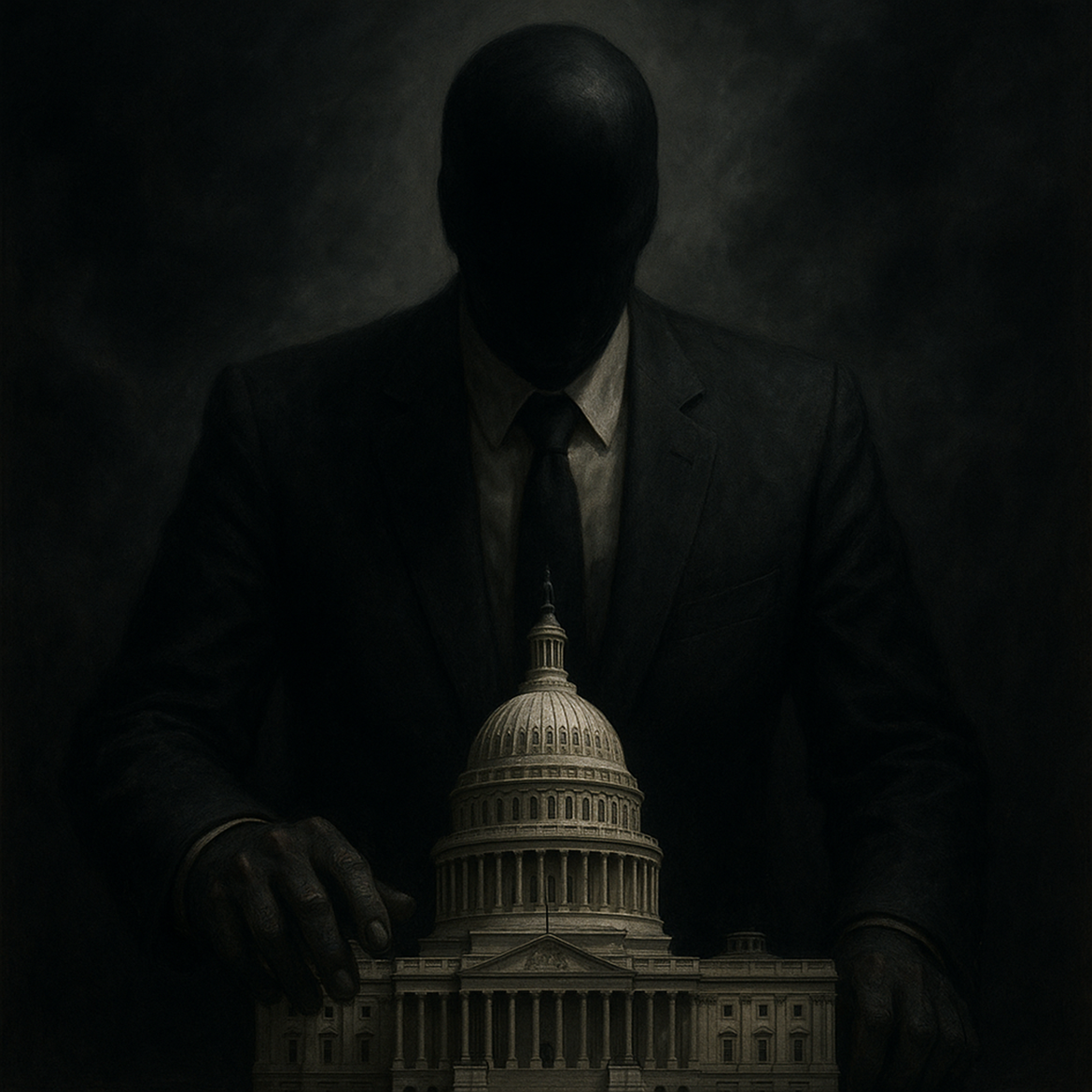Imagine a group of people with immense power—power to create rules, enforce penalties, and shape everyday life. Now imagine they were never elected. No campaigns, no debates, no accountability to the public. This isn’t science fiction. It’s the administrative state, a sprawling network of agencies and bureaucrats that operate with little oversight.
These agencies—like the EPA, FDA, and countless others—write thousands of regulations each year. These aren’t just suggestions. They carry the force of law. But here’s the catch: the people writing them weren’t chosen by voters. They answer to political appointees, not the public. And once they’re in place, they’re nearly impossible to remove.
How the Administrative State Took Over
The founders designed America’s government with three branches: legislative, executive, and judicial. The idea was simple—balance power so no single group could dominate. But over the last century, a fourth branch has emerged, one the founders never intended.
It started small. Congress passed vague laws, then handed off the details to agencies. Over time, these agencies grew bolder. They stopped just enforcing rules—they started making them. Today, they issue more “laws” (called regulations) than Congress itself. The difference? Congress faces elections. Bureaucrats don’t.
The Illusion of Democracy
Politicians love to talk about “the will of the people.” But how much of that will actually matters? When an agency like the FCC decides what you can say on the internet, or the ATF redefines gun laws without a vote, democracy takes a backseat.
Even when new presidents take office, most bureaucrats stay. They outlast administrations, quietly shaping policy regardless of who’s in charge. Some call this the “deep state.” Others say it’s just how government works. But either way, it means policies can continue unchanged, no matter what voters want.
Rules Without Representation
Here’s a question: If a regulation fines you, taxes you, or restricts your freedoms, shouldn’t you have a say in it? Not in the administrative state. Agencies operate with a level of power that would shock the founders. They investigate, judge, and punish—often without a real court ever getting involved.
Take the IRS, for example. It can seize your assets over a suspicion. The SEC can ruin a business with a single ruling. These decisions aren’t made by elected officials. They’re made by career employees who never face the ballot box.
The Revolving Door of Power
Ever notice how some regulators leave government and suddenly land high-paying jobs in the industries they once oversaw? It’s not a coincidence. The line between regulator and industry insider is blurry. Those who write the rules often end up working for the companies affected by them.
This creates a system where the people in charge aren’t just unaccountable—they’re incentivized to favor certain groups. Big corporations hire ex-regulators to “navigate” the rules. Small businesses, without those connections, get crushed.
Can It Be Stopped?
Some argue the administrative state is too big to dismantle. Others say reform is possible. A few ideas keep popping up:
- Sunset Clauses – Make agencies re-justify their existence every few years. If they’re not serving the public, shut them down.
- Congressional Approval – Require Congress to vote on major regulations before they take effect. No more rule-making in the shadows.
- Fire the Bureaucrats – Give presidents real power to remove ineffective or overreaching officials.
But change won’t come easily. The administrative state has defenders—politicians who like passing the buck, corporations that profit from complex regulations, and bureaucrats who enjoy their unchecked power.
The Fight for Accountability
The real issue isn’t just big government. It’s unaccountable government. When decisions are made by people who don’t answer to voters, freedom erodes. Laws should come from elected representatives, not faceless agencies.
This isn’t about left or right. It’s about who controls the rules we live by. Right now, that power sits with people you’ve never heard of—and never voted for. If that doesn’t bother you, it should.
The administrative state wasn’t built in a day, and it won’t be dismantled quickly. But the first step is simple: recognize it exists. After that, it’s up to the people to demand change.
Or accept that democracy is just an illusion.

Sorry, the comment form is closed at this time.